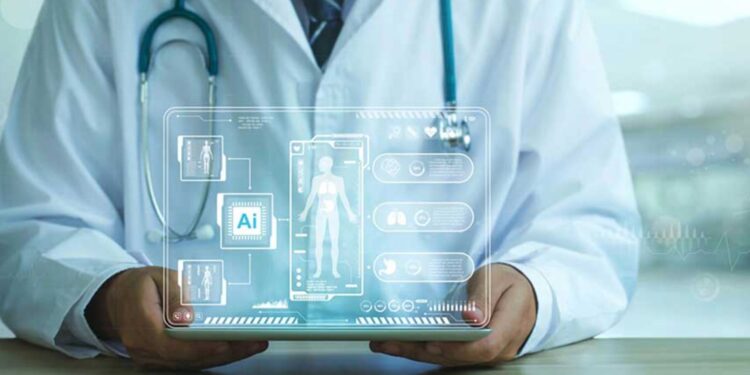The rapid advancement of Artificial Intelligence (AI) in healthcare is set to revolutionize patient care, but it also presents unprecedented challenges for regulators worldwide. In a significant step towards addressing these complexities, a new global AI network for health regulators has been announced, with the UK’s Medicines and Healthcare products Regulatory Agency (MHRA) proudly joining as a founding “pioneer” country. This initiative, alongside the expanding AI Airlock program and the crucial work of Centres of Excellence for Regulatory Science and Innovation (CERSIs), marks a concerted global effort to ensure AI-powered medical devices are safe, effective, and ethically deployed.
The newly established HealthAI Global Regulatory Network aims to foster international collaboration, enabling regulators to share early warnings on safety concerns, monitor AI tool performance in real-world settings, and collectively shape international standards. This pooling of expertise is vital, given the transnational nature of AI development and deployment. The UK’s immediate involvement underscores its commitment to top responsible AI innovation in healthcare, leveraging its existing strengths to inform global best practices.
Central to the UK’s strategy is the AI Airlock program, a pioneering regulatory sandbox for AI as a Medical Device (AIaMD). Now entering its second phase, the AI Airlock allows companies to test innovative AI medical devices in a supervised environment, working directly with regulators before wider market release. This proactive approach helps identify and address regulatory challenges early, accelerating the development of safe and effective AI tools for conditions ranging from early lung disease detection to personalized cancer care.
Complementing these efforts are the Centres of Excellence for Regulatory Science and Innovation (CERSIs). These academic and research hubs are dedicated to advancing regulatory science, particularly in the realm of digital health and AI. By bringing together experts from academia, industry, and healthcare, CERSIs are developing the foundational knowledge, tools, and frameworks needed to navigate the unique regulatory landscape of AI. Their work is crucial for ensuring that regulatory frameworks are proportionate, evidence-based, and supportive of innovation while safeguarding patient safety.
The convergence of these initiatives – a global network for shared intelligence, a dedicated regulatory sandbox for real-world testing, and research centers driving the science of AI regulation – signifies a critical turning point. As AI continues to evolve at an unprecedented pace, this collaborative and multi-faceted approach offers a promising path towards harnessing its immense potential for healthcare, ensuring that life-changing technologies reach patients safely and efficiently around the world.










![Online Scam Cases Continue to Rise Despite Crackdowns on Foreign Fraud Networks [Myanmar] Online Scam Cases Continue to Rise Despite Crackdowns on Foreign Fraud Networks [Myanmar]](https://sumtrix.com/wp-content/uploads/2025/06/30-12-120x86.jpg)




